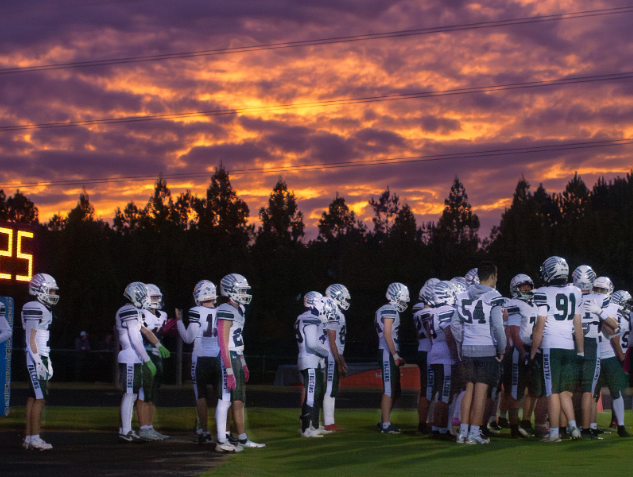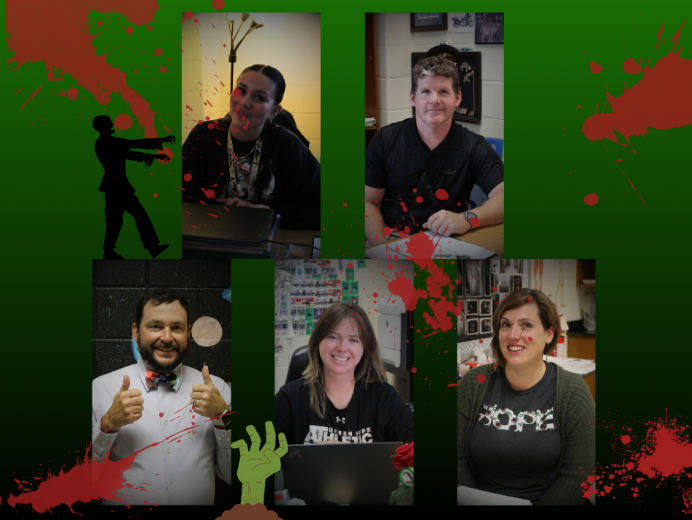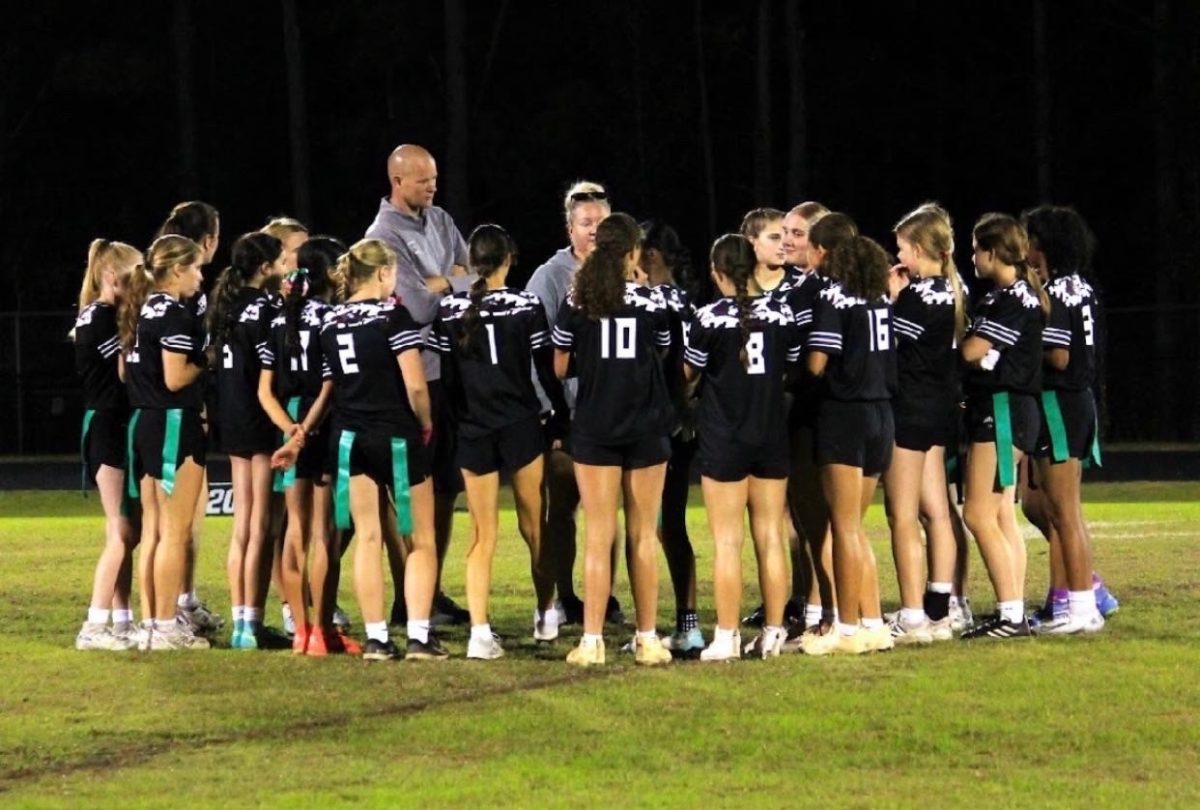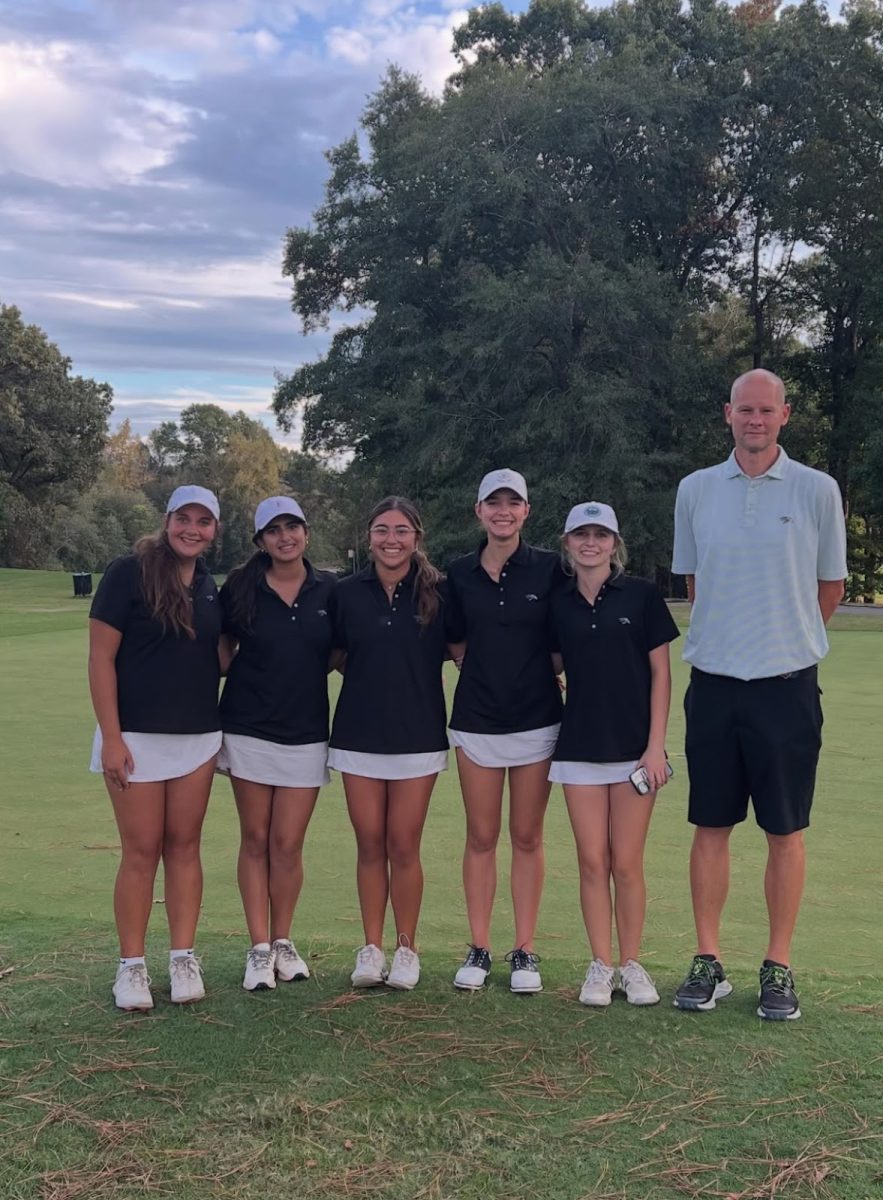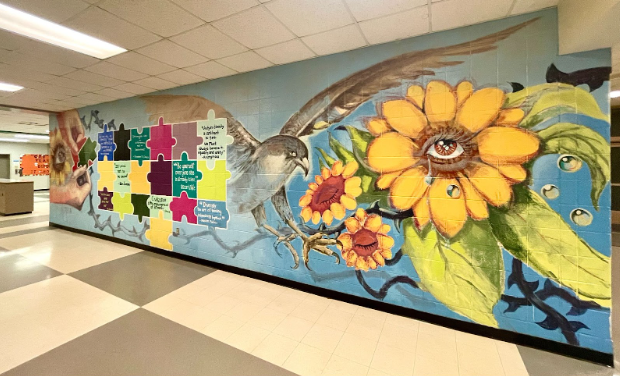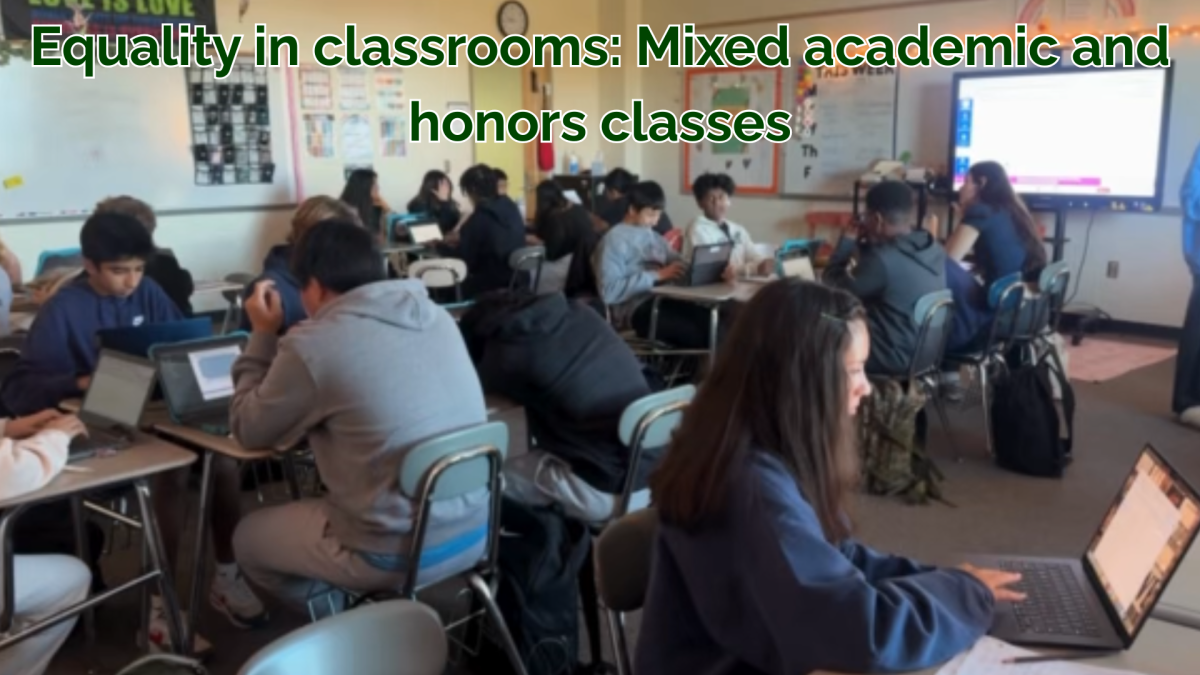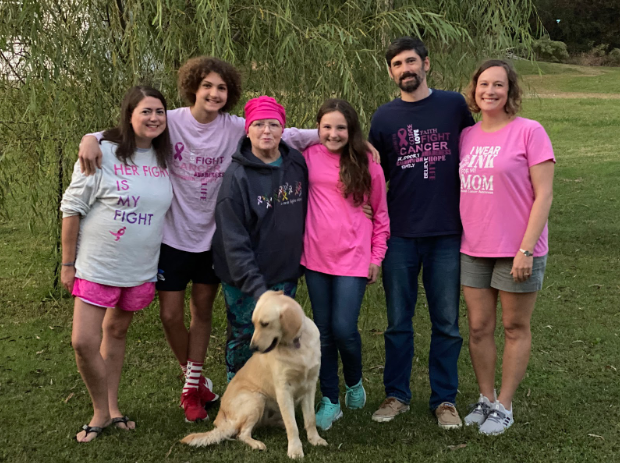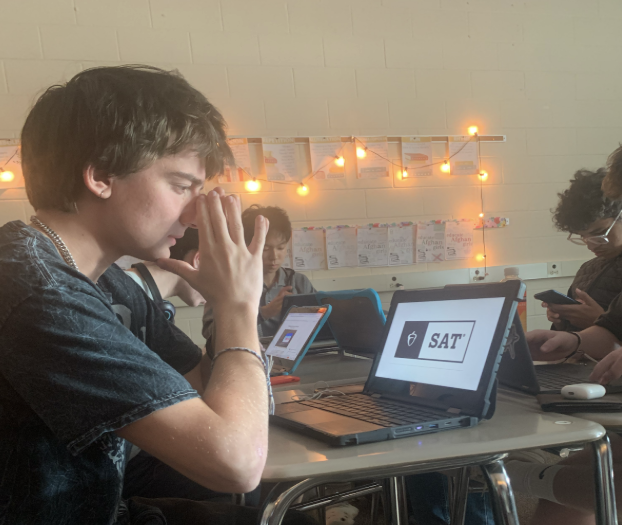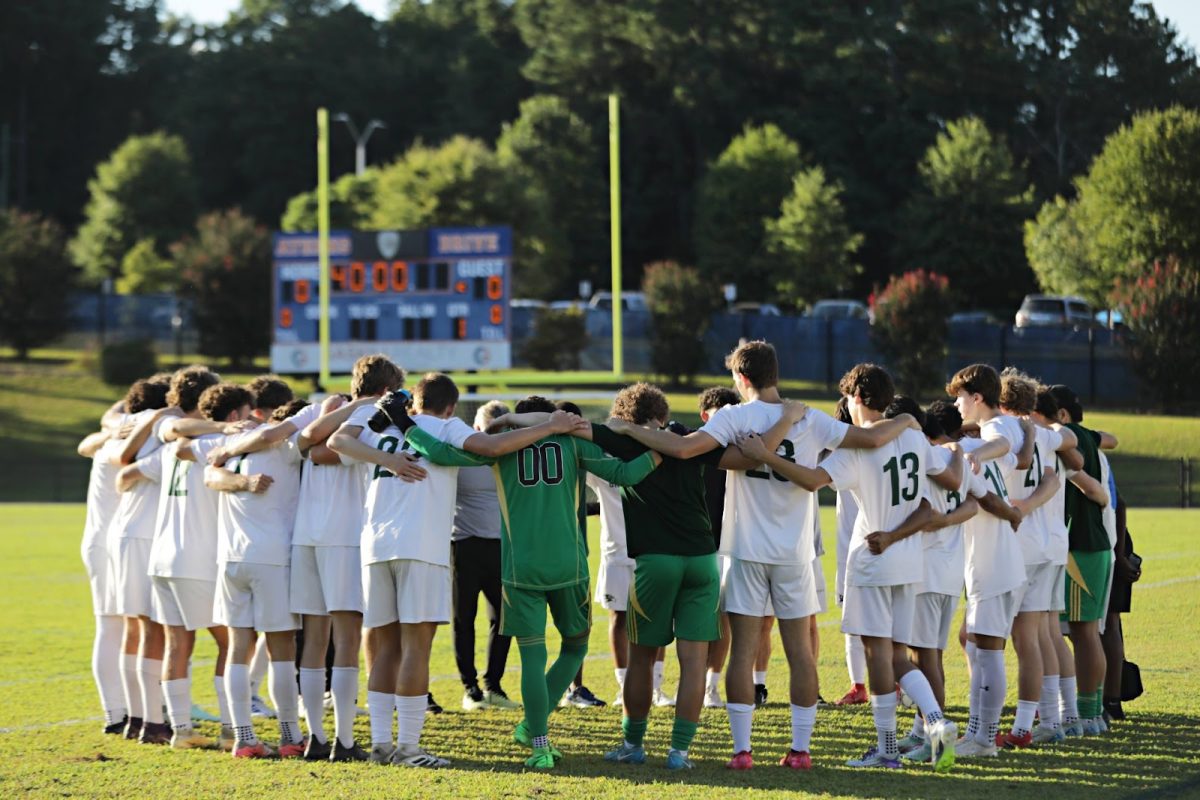As high school students round third base on their journey towards graduation, there are a few necessary steps to set oneself up for success going forward. As they approach their final stretch of high school, juniors must prepare for not only their senior year, but also begin to develop their post-graduation plan. In order to maximize both success and enjoyment, here is a list of a few critical steps for the final months of junior year.
1. Meet with your counselor
For many high school students, their junior conference may be their first meeting with their assigned counselor. School counselors can provide you with a plethora of resources for senior year. Making connections with not only your assigned counselor, but the rest of the front office staff can generate a wider scope for future opportunities as well. These are the same individuals who nominate students for scholarships, accommodate schedule changes and write counselor recommendations. Therefore, being respectful and friendly towards these hardworking individuals can benefit your own path to college or occupational success. These meetings will help you talk through courses, colleges, job pathways and any other topic that might cause any stress or doubt regarding your future. Throughout April and early May, these meetings will be offered for juniors via Green Hope’s website.
2. AP exams
Whether it is calculus, computer science or biology, most students take their highest volume of AP classes during their junior year. With this heavy workload and the long gap from January to AP exams in May, many students forget to study for these seemingly unimportant tests. However, scoring well on these tests can not only save you money, but increase your chances of attending your favorite university. Each AP exam is scored 1-5, and scoring a 3 or above can frequently yield college credit – meaning less classes to pay for in college. It is recommended, especially if you took a first semester AP, to speak with your teacher or peers and create study sessions for the AP exam. Review key terms, familiarize yourself with the structure of each test and get some rest, as many juniors will have back to back exams in May. Submitting these tests through CollegeBoard can also look very strong on resumes and college applications, providing even more reason to properly prepare for these tests.
3. Standardized test scores
Although dreaded, the ACT and SAT are becoming increasingly more relevant to universities as COVID’s test-optional initiative fades away for most colleges. With that being said, ensure your standardized test scores fall within or above the range of some of your target schools. Scoring well on these tests is the easiest way to differentiate oneself from a borderline acceptance to a guaranteed acceptance. Be sure to simulate the actual test-taking environment when practicing: full tests with no outside distractions. Make sure to ask for help with specific topics if necessary. Read this article about test-taking strategies if you’d like to learn more.
4. Letters of recommendation
The last major thing to remember before summer break is to speak to some of your favorite teachers and ask for letters of recommendation. You will likely need at least two teachers to write recommendation letters for college. One teacher recommendation should be focused around your academic focus (for example, if you are planning on majoring in math, choose at least one math teacher). If that doesn’t necessarily work for you, it is recommended to choose an english teacher. It is best to ask right before the end of the year as many teachers will cap the amount of letters they commit to writing. Make sure the teacher knows a little bit about you, via your conversations or a resume. Also, plan to have a letter of recommendation from an adult that isn’t necessarily a teacher. Coaches, other staff members, outside organization leaders, anyone that could attest to your personality and character would be beneficial, as many schools allow additional recommendations to be submitted.
5. Activities and essay topic brainstorming
Over the summer, it is important to begin brainstorming for the infamous “CommonApp Essay.” Going into one’s senior year with an idea of what to write about can be incredibly helpful, especially to accelerate the application process. Additionally, it can be beneficial to start working on the first section of CommonApp, which includes your activity list. This is a list of up to 10 activities throughout high school that you wish to present to colleges as impactful. Start thinking about organizing this list and the descriptions for each activity.
6. College application list and visits
Lastly, over the summer it can be incredibly helpful to initiate research regarding a solid list of schools or job opportunities to apply for after graduation. Be sure to include both “reach” options (schools that might be a stretch based on your resume and portfolio of skills) and some “safety” options (colleges or jobs that you are nearly guaranteed to be selected for). After generating this list, visit some of the universities in official or unofficial tours to get a feel of campus and see if this university is the right fit for you. For job opportunities, start considering living arrangements, salaries, commute distances, requirements and any other factors that could impact your decision. Regardless of your future plans, ensure that over the coming summer or at the beginning of your senior year, you have options that can generate a successful future in any way you measure success.
Tests, college essays, job applications and meeting with adults can all be difficult. However, braving these steps early can result in a less stressful senior year, allowing you more time for yourself. Before taking this next major step in your life, be sure to not only prioritize this list of significant preparation steps, but also to appreciate and continue engaging with the individuals and activities that have produced joy and catalyzed growth in your life.





















